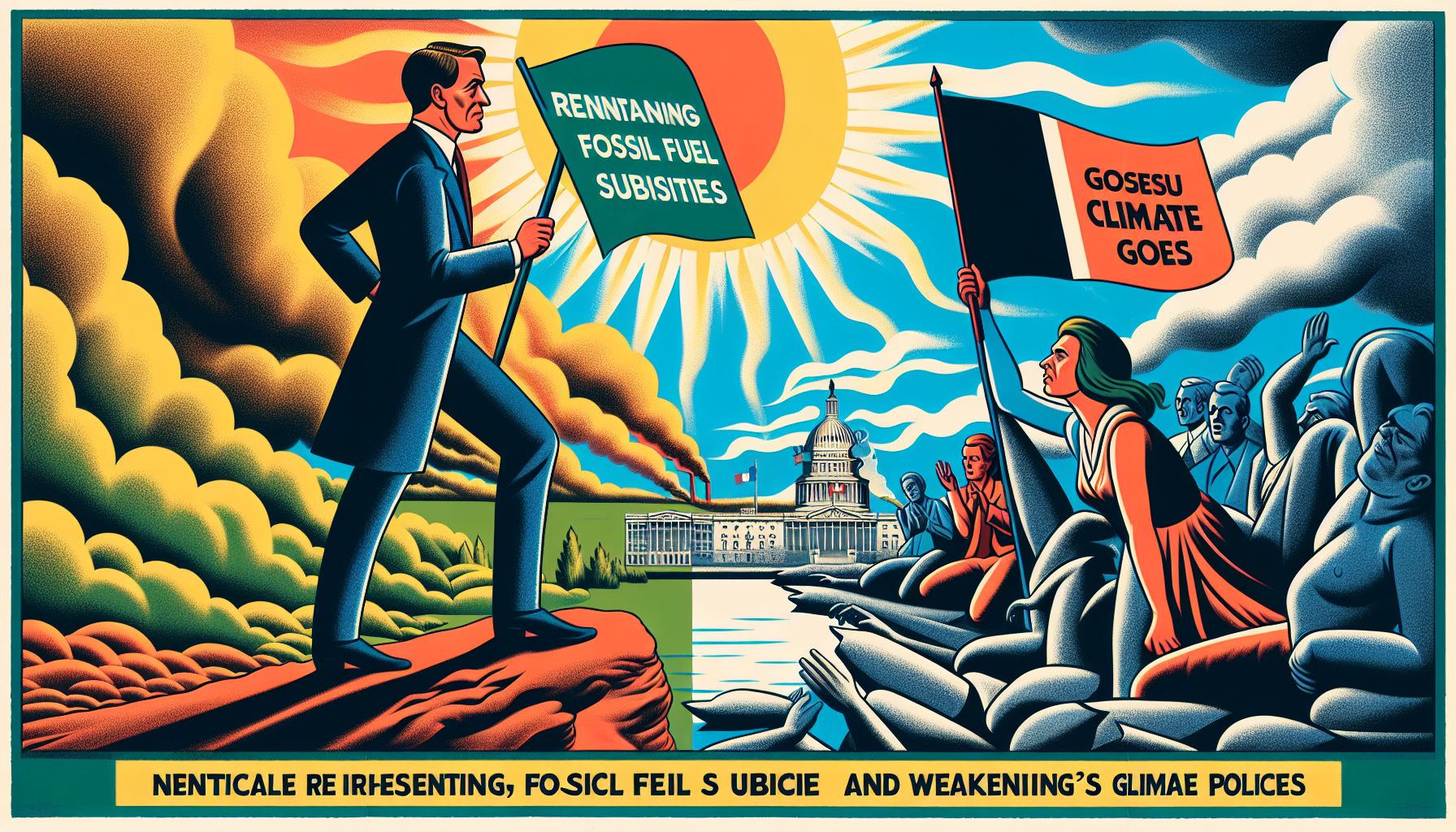Controversy Brews Over Dutch Government's Climate Policy

The Hague, Saturday, 26 April 2025.
Dutch Minister Sophie Hermans faces criticism for reinstating fossil fuel subsidies and weakening green policies, sparking debate over the nation’s climate goals.
Policy Reversal Sparks Environmental Concerns
The Dutch government’s latest climate policy package, presented on April 25, 2025, marks a significant shift away from environmental protection measures. Minister Sophie Hermans of Climate and Green Growth has unveiled plans that include the restoration of fossil fuel subsidies and the weakening of several key environmental regulations [1]. The coalition has reallocated 600 million euros from the Climate Fund to reduce energy taxes for households and businesses over the next three years [1], a move that environmental experts argue could undermine the nation’s climate goals.
Industry Support vs. Climate Targets
The government has committed 8 billion euros to industry sustainability efforts, including 600 million euros for carbon capture and storage beneath the North Sea [2]. However, this comes alongside controversial decisions to decrease the national CO2 levy for industry and horticulture, while also reducing green gas blending obligations [1]. The Netherlands Environmental Assessment Agency (PBL) has indicated that these measures may only achieve between 8 to 10 megatons of emissions reductions, pushing the likelihood of meeting 2030 climate targets to just above 5 percent [1].
Competing Voices and Critical Response
Environmental advocates have voiced strong opposition to the new measures. Marjan Minnesma, Director of the Urgenda Foundation, has criticized the government’s approach, stating that ‘the measures are far from enough’ and highlighting concerns about policy postponement [2]. Meanwhile, industry representatives like Vincent van der Chijs, Chairman of Deltalinqs, have welcomed the changes, viewing them as ‘good steps to give the industry confidence again’ [2].
Long-term Implications
The policy shift comes at a critical time when global evidence suggests fossil fuel subsidies significantly impede the transition to renewable energy. Recent studies of 35 sub-Saharan African countries have demonstrated how such subsidies have notably slowed renewable energy adoption over the past decade [7]. The Dutch government’s decision to reintroduce the indirect cost compensation scheme [1] appears to contradict international trends toward phasing out fossil fuel support, potentially compromising both environmental goals and long-term energy security [7].

